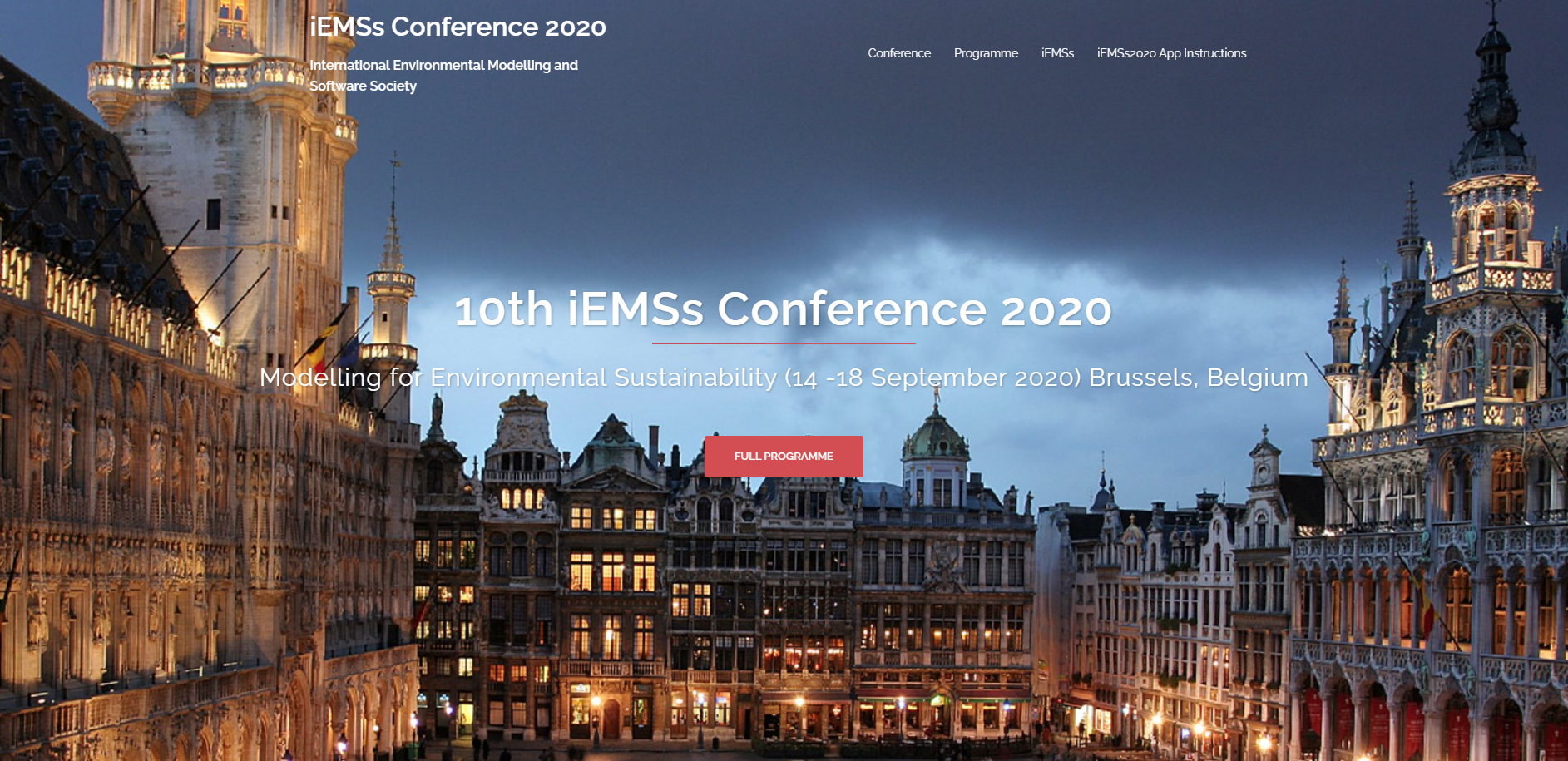Jean-Luc de Kok (VITO) and Rachel Tiller (SINTEF) presented results from the COASTAL project. Jean-Luc coordinates the COASTAL project and explained how system dynamics modelling can support evidence-based decision making and business analysis using an example for offshore sand mining. Rachel coordinates the work package on stakeholder analysis and elaborated on the participatory methodology of workshops and mental maps, and showed how different policy-relevant topics were identified and problems prioritized through these methods.
Next, Sara Mehryar (London School of Economics) presented her work on a farming community facing water scarcity in Iran, using amongst others Agent-Based Modelling (ABM) and Fuzzy Cognitive Mapping (FCM), a technique which was also used in the COASTAL project to structure knowledge. Raffaele Giordano (CNR-IRSA) gave a presentation on the results of the NAIAD project, where nature-based solutions are co-designed and evaluated. Here, FCM is combined with System Dynamics Modelling. The differences, pros and cons of the two approaches are discussed, referring to both the stakeholders’ feedbacks and the modellers’ experiences. Thais Lopez-Inojosa (Hamburg University) showed us the SILVIO methodology, which aims at analyzing social vulnerability.
Sabine Egerer (Climate Service Center Germany) presented a qualitative system dynamics model for expected climate change impact in Northeast Lower Saxony (Germany) based on a participatory modelling approach. Different recommendations were made for coping with and adapting to climate change.
The concluding discussion of the session resulted in a common agenda with research needs and commitment to exchange research outcomes and experiences with stakeholder-driven modelling approaches and projects.

